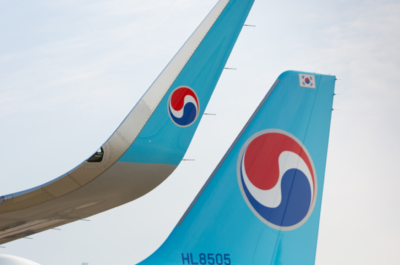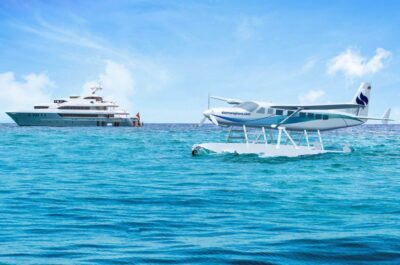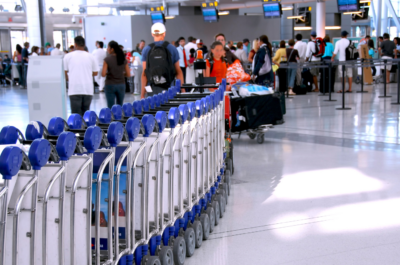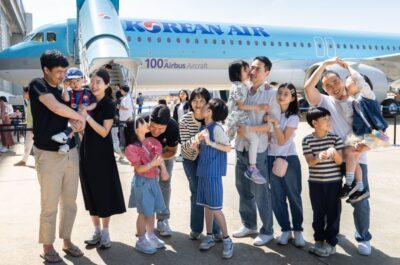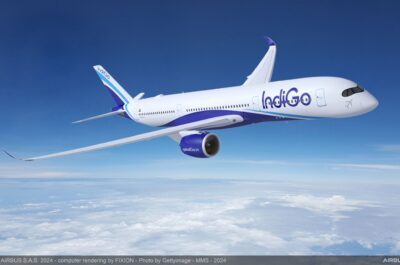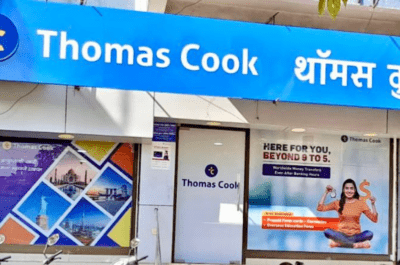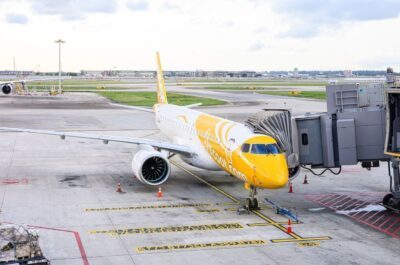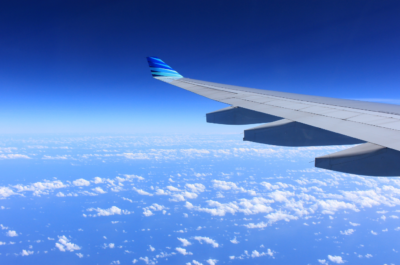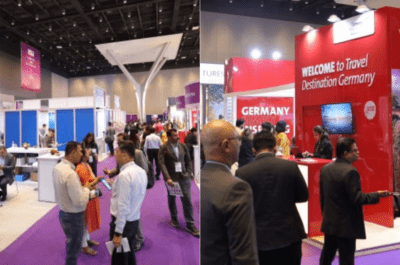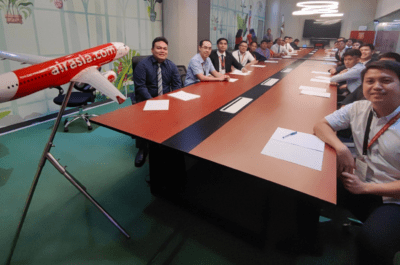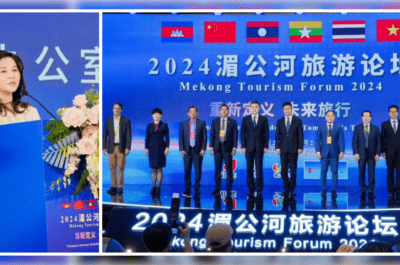…
Airlines are reducing their timetable for the winter to adjust to falling demand as the oil crisis is replaced by a financial crisis of large magnitude.
It could be good news for the airline industry. After climbing to record levels last July (around US$ 150 a barrel), oil prices are in sharp decline, coming down to levels not seen for over a year. Unfortunately, the respite will be short lived. A financial crisis of unmatched amplitude is sweeping world economies and airlines will now have to face a likely collapse in air demand. The long-haul market is likely to suffer more than short-haul and medium-haul markets as holiday markers will reduce their travel consumption in most cases. They will still be some exceptions like in Scandinavia. “We experience record bookings this winter to Thailand out of Copenhagen and Stockholm,” describes Hakan Olsson, general manager of SAS Scandinavian Airlines for Southeast Asia. “Thailand is like Ibiza for other Europeans in the winter for Scandinavians, especially Swedes”, he adds.
However, Mediterranean destinations are likely to gain market shares in Europe to the detriment of long-haul destinations. Some offices of tourism in Asia already acknowledged this fact. TAT (Tourism Authority of Thailand) announced in late September to shift part of its budget for marketing to regional markets. For Thailand, priority will be given next year to China, Southeast Asia as well as emerging outbound markets such as the Middle East and Russia. Indonesia is also concentrating most of its marketing efforts to lure tourists in Malaysia, Singapore and Australia.
Long-haul destinations are becoming less competitive as the fuel surcharge rose over a year by 30%, reaching unprecedented levels. Airlines must however be careful when playing with the fuel surcharge tool and start to ask themselves how long passengers will be able to accept it. “Fuel surcharges generally cover only 50% of our total cost. In strong economic times, people can feel that they can still afford to pay. Now, we will have to be more careful to the demand evolution,” analyses Andrew Herdman, head of the AAPA, the Association of Asia Pacific Airlines. For exampke, fuel surcharges at Cathay Pacific increased for long haul flights from the last quarter of 2004 to August 1st, 2008 by 338%. At Japan Airlines, fuel surcharge on long haul segments to Europe, the USA and the Middle-East rose by a whooping 953% from February 2005 to July 2008.
Today, these surcharges can add up to 300 € to a return trip between Europe and Asia, despite recent reductions following the drop in oil prices. Lufthansa for example just dropped by mid October its surcharge to 92 € per long-haul sector. Airlines are in some ways playing wisely with fuel surcharges. Malaysia Airlines CEO Idris Jala indicates for example that fuel surcharges are now adjusted on a route-by-route basis. “We recently drop our fuel surcharge on selected flights to Europe such as London or Paris in order to sustain competition”, he explains. British Airways and Virgin Atlantic have also announced reducing their fuel surcharge but the measure is only for passengers flying in the back of the aircraft. As an example, Virgin will charge per sector on its longest intercontinental routes £96, £114.50 and £133 respective of the travel class.
What ever the future evolution of oil prices, airlines already programmed a substantial reduction in air capacities between Europe and Asia for the winter timetable. Most affected destinations are China and India as both seem to have lived out to the promise of booming travel patterns. Travel habits from Chinese have been disrupted by the Olympics with India’s international flights being down due to rapidly deteriorating economic perspectives.
Vicky is the co-founder of TravelDailyNews Media Network where she is the Editor-in Chief. She is also responsible for the daily operation and the financial policy. She holds a Bachelor's degree in Tourism Business Administration from the Technical University of Athens and a Master in Business Administration (MBA) from the University of Wales. She has many years of both academic and industrial experience within the travel industry. She has written/edited numerous articles in various tourism magazines.


























